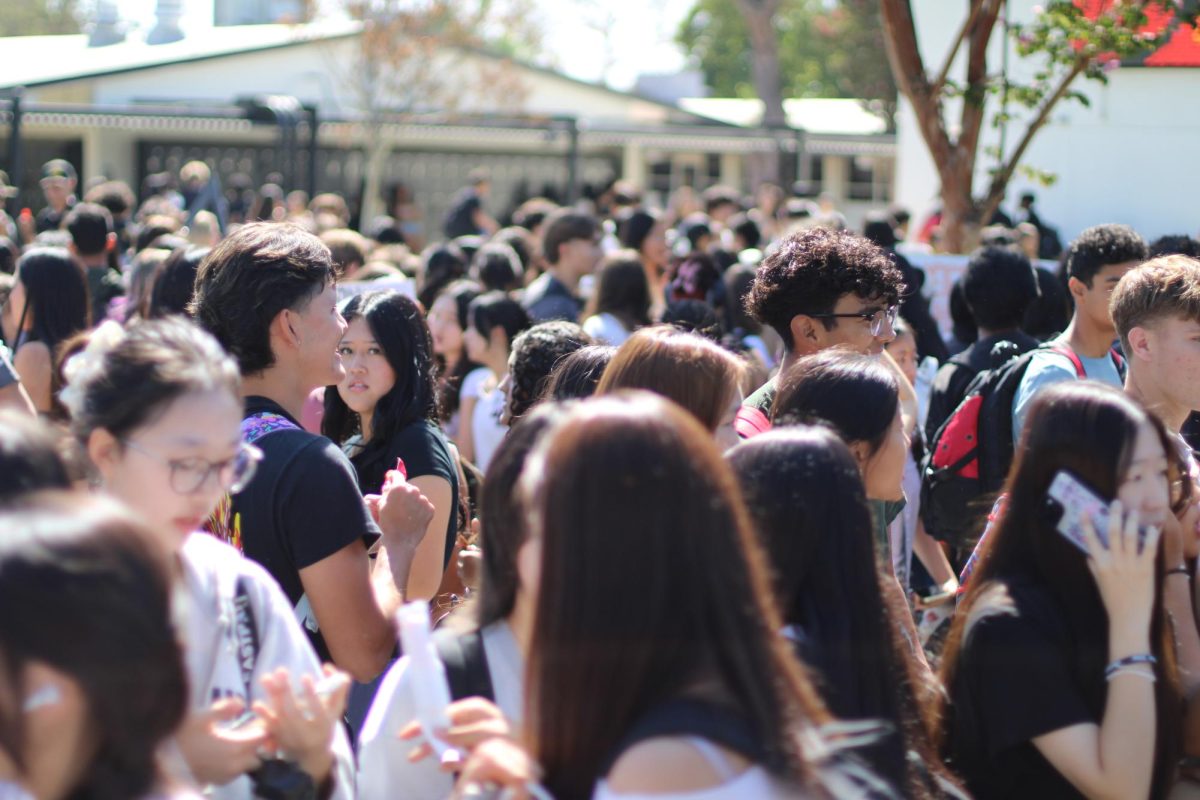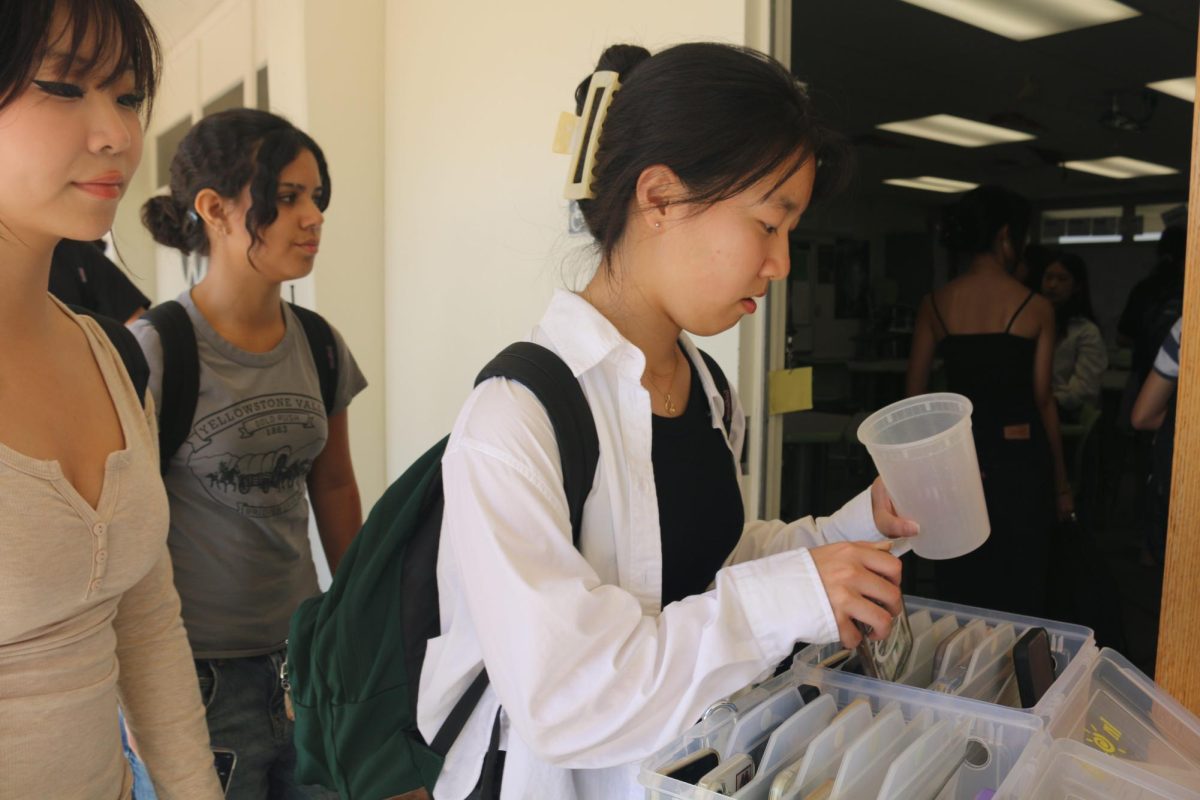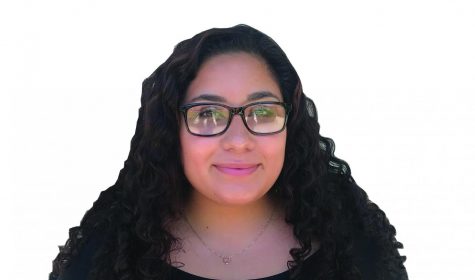Despite more than half of the public comments imploring trustees to return to a hybrid learning schedule and allow parents the choice to send students to classrooms, the Fullerton Joint Union High School District [FJUHSD] board instead unanimously agreed to extend distance learning until as long as at least Feb. 1 because of concerns over positive COVID-19 cases in Orange County.
“It’s so interesting to me that we’ve all had the same point because I came in prepared to say the same thing. … I heard one of the speakers [who commented to the board] talk about the fact that we believe we’ve reached a peak [of COVID-19 positive cases], and I think that according to the data that I’ve seen that is the case and also in talking to my daughter who’s a doctor, she believes that by the end of January things would be looking better — you know, not perfect but certainly better,” board president Marilyn Buchi said at the end of the nearly half-hour discussion among the other four trustees over the issue of when to reopen classrooms in 2021.
After agreeing to revisit the discussion during an emergency meeting on Jan. 26, Buchi directed her final comments about the matter to superintendent Scott Scambray, who offered no opinions about the matter:
“We know from your passionate comments last time that you want the kids back in school, and I think we all do, too, and you know I’ve heard in the past that in Sacramento when the legislators get letters they count them; you know, they have a stack of ‘Yes’ and a stack of ‘No’; well we’re not doing that and in fact if we did, I think the stack of ‘Let’s go back hybrid’ would be the bigger stack,” she said while also acknowledging the eight out of the 12 speakers during the public comment session asking that trustees reopen schools the third week of the spring semester. “But I think the alternative is two weeks more for caution and then get our students back to see their friends and to see their teachers who do so much for them.”
The board president was referring to Scambray’s comments during a Dec. 15 FJUHSD board meeting when he voiced opposition to board members’ unanimous vote to start the spring semester with distance learning, just like how the fall semester started because of a spike in positive coronavirus numbers. As of Jan. 20, Orange County remains in the purple tier — the most restrictive one — with 216,509 total positive cases and 2,508 coronavirus-related deaths.
Trustees did not vote on remaining with distance learning during the Jan. 12 meeting because the issue was listed only as a discussion instead of an action item. Nevertheless, district officials sent a Jan. 14 email to parents and staff informing them that students will continue with remote learning until at least the end of the month.
Even though the agenda item was only for discussion, the Tuesday meeting attracted students, parents, teachers, school officials and other concerned members of the community who sought to address the five trustees as well as other district officials and principals at the Zoom session.
Of the eight who advocated for the return to hybrid learning as soon as after the Martin Luther King Jr. holiday weekend, one was a Sunny Hills student, one was a parent of a Sunny Hills student and one was Sunny Hills head counselor Beth Thomson.
“If we do not return to a hybrid or in-person model, you are making the choice for dedicated students in Fullerton like myself to fall behind and suffer the consequences,” sophomore Natania Spradley said.
Spradley was referring to the learning model that started Nov. 2 and ended final exam week in December that allowed parents the choice to send their children to campus for live classroom instruction or to keep them at home to learn remotely. Those who came to campus would come two times a week.
The student also noted the rampant academic dishonesty that she has observed among her peers during distance learning.
“Despite many of my teachers’ vigorous efforts to combat this, it is unpreventable at a scale that undermines so much of the strong academic reputation of Sunny Hills and all of our Fullerton schools,” Spradley told the board. “I’ve heard multiple times students casually sharing how they work around rules, joining FaceTime calls to share answers during tests, holding a phone just out of a teacher’s view, etc. I know that students will always cheat, but remote learning is a uniquely enabling environment.”
The mother of SH junior Luke Weinreich and another child who’s an eighth-grader at Parks Junior High School was among two other parents who urged trustees to move toward a return to hybrid learning immediately.
“In a time when mental health issues for high school students have been on the rise, I’m so thankful that both of my sons had an opportunity to see their teachers and some of their classmates in person during the month of November and December [at their respective campuses],” said Nicole Weinreich, the wife of former SH assistant principal Craig Weinreich who now works as an assistant principal at La Habra High School, another of the FJUHSD campuses. “I am grateful that our family is a part of a school district that prioritizes the welfare of its students, their physical, mental, emotional and academic well being.
“I would also like to encourage the board members to continue to prioritize the mental, emotional and academic well being of the district students by opening up campuses so that hybrid learning can continue once again.”
Thomson provided an alarming statistic about the number of missing assignments from students last semester while reminding board members how safe Sunny Hills is given the health and safety measures that have been enacted since hybrid learning started in November.
“I understand we have to be mindful of the health factors society is aware of; however, I need to be a voice for many of the students of our district that are extremely struggling with their academic performance and mental health. … Many students have difficulty sitting in front of a computer all day learning and then after school to do all their assignments,” she said. “This past semester there have been many students with over 150 missing assignments; reasons for that being technical issues, learning styles, lack of motivation and over all apathetic mindset to life due to the state of our nation; adolescents need to be with each other; we know this from our child development classes.”
Those pleas for the reboot of hybrid learning did not deter the five-member board as well as student board member, SH senior Jenna Beining, from unanimously agreeing to postpone the reopening date. Many of them cited Southern California’s 100% Intensive Care Unit capacity at hospitals as of Jan. 18 and the potential for more surging positive COVID-19 numbers after December holiday and New Year’s Day gatherings.
“If we reopen schools now when the number of COVID cases are higher than they ever have been before, I fear that we’ll enter back into a cycle of distance learning to hybrid and back again, which is not only extremely challenging for the students to adjust to, but also difficult on the teachers,” Beining said. “If we stick it out for another two weeks with distance learning, we’ll be keeping our students safe, our teachers safe and our community safe, which at the end of the day is a part of our responsibility because our students rely on the community for additional learning, socialization with their families and things like simply going to the library for extra studying time.
“So when we’re comparing education to a life and death situation, I have to be in support of saving lives.”
The board’s discussion lasted 12 minutes longer than the October meeting when trustees voted unanimously to reopen schools for hybrid learning Nov. 2.
As a first-responder, trustee Chester Jeng deflected comments from another speaker who scolded the board for ignoring its job of focusing on students’ education instead of the community’s health.
“It’s not just about education, it’s not just about the emotional aspect of things [because] we’re talking about a life and death situation,” Jeng said. “I know that statistically and scientifically, students have lower chances of contracting coronavirus, and if they do, the chances of them being really sick is also low, but these kids are coming back home to their parents and grandparents [who could contract COVID-19 from them].”
Board member Joanne Fawley, who represents those in the Sunny Hills area as well as in Buena Park and a small portion of Los Angeles County, shared similar concerns from Jeng and two other trustees who offered their comments ahead of her.
“We have students from L.A. County who have come here on school choice. … We’re seeing [COVID-19 positive] high rates as well, and so it’s important to acknowledge that we’re not in a situation where the community conditions are such that it is reasonable or feasible to really open at this time,” said Fawley, a social science teacher at Cypress High School in the Anaheim Union High School District, which also remains in distance learning.
All of the trustees echoed the concerns of the four speakers asking that the district remain in a distance learning model in which all students remain at home instead of coming to classrooms for live instruction.
Among those four was SH English teacher Christina Zubko, who was speaking from her phone only.
“Let’s not be brave right now, let’s be patient; let’s have some common sense … and open our schools up after the Christmas and New Year’s [possible COVID-19 positive case] surge settles down — not forever, just let’s get this [potential] surge under control,” said Zubko, who cited increasing numbers of high school students in Orange County who tested positive for the coronavirus after the Thanksgiving break along with the FJUHSD’s own statistics showing 14 SH students having tested positive for COVID-19 or were exposed to someone who tested positive during final exam week last month.
Last semester’s Cohort C students who have not attended classes on campus such as sophomore Amanda Boupa said they have fully adjusted to distance learning and do not plan on switching to Cohort A/B and coming back to campus when the school reopens.
“I don’t want to switch to Cohort A/B in fear of catching the coronavirus, but I do miss my friends,” Boupa said. “Since we started [last semester through distance learning], my work ethic has gotten much better.”



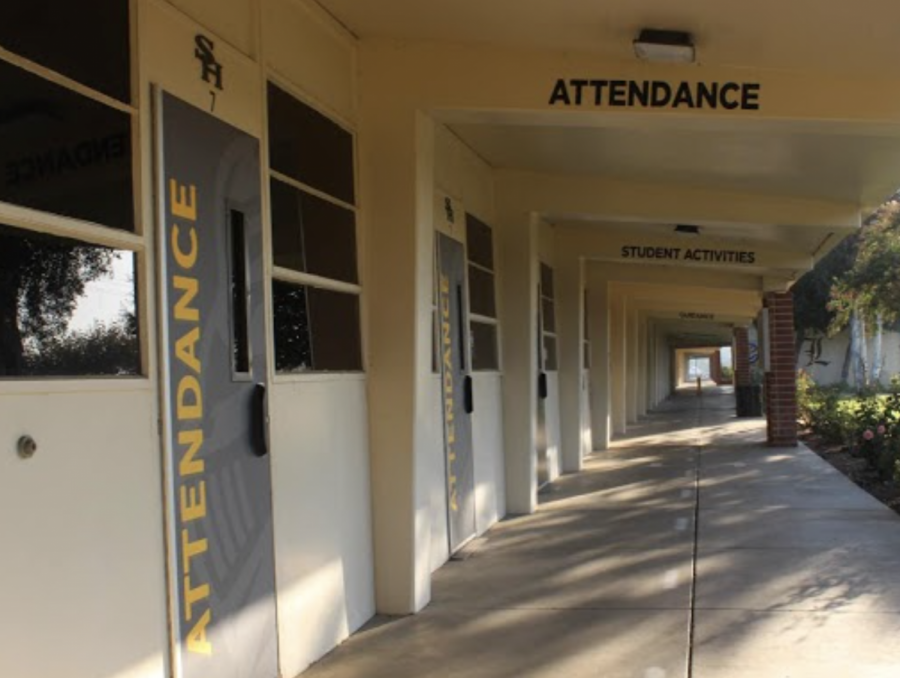
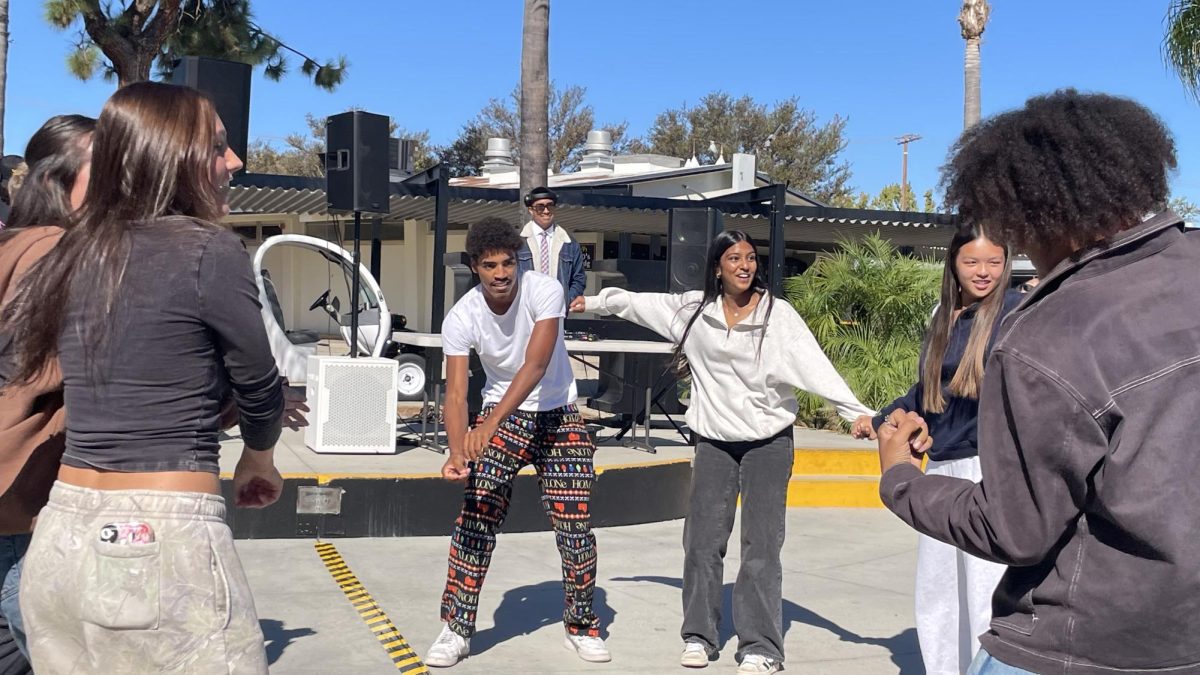

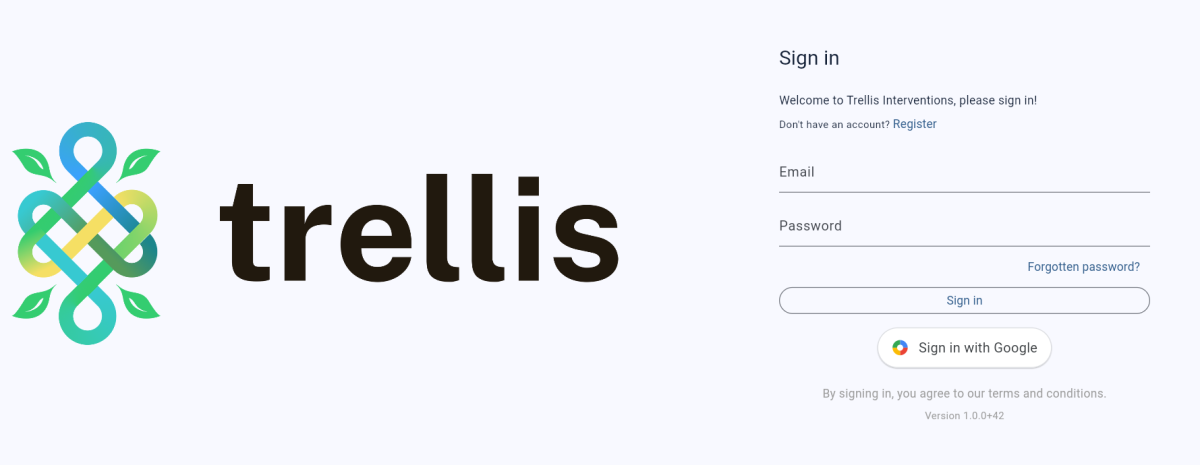
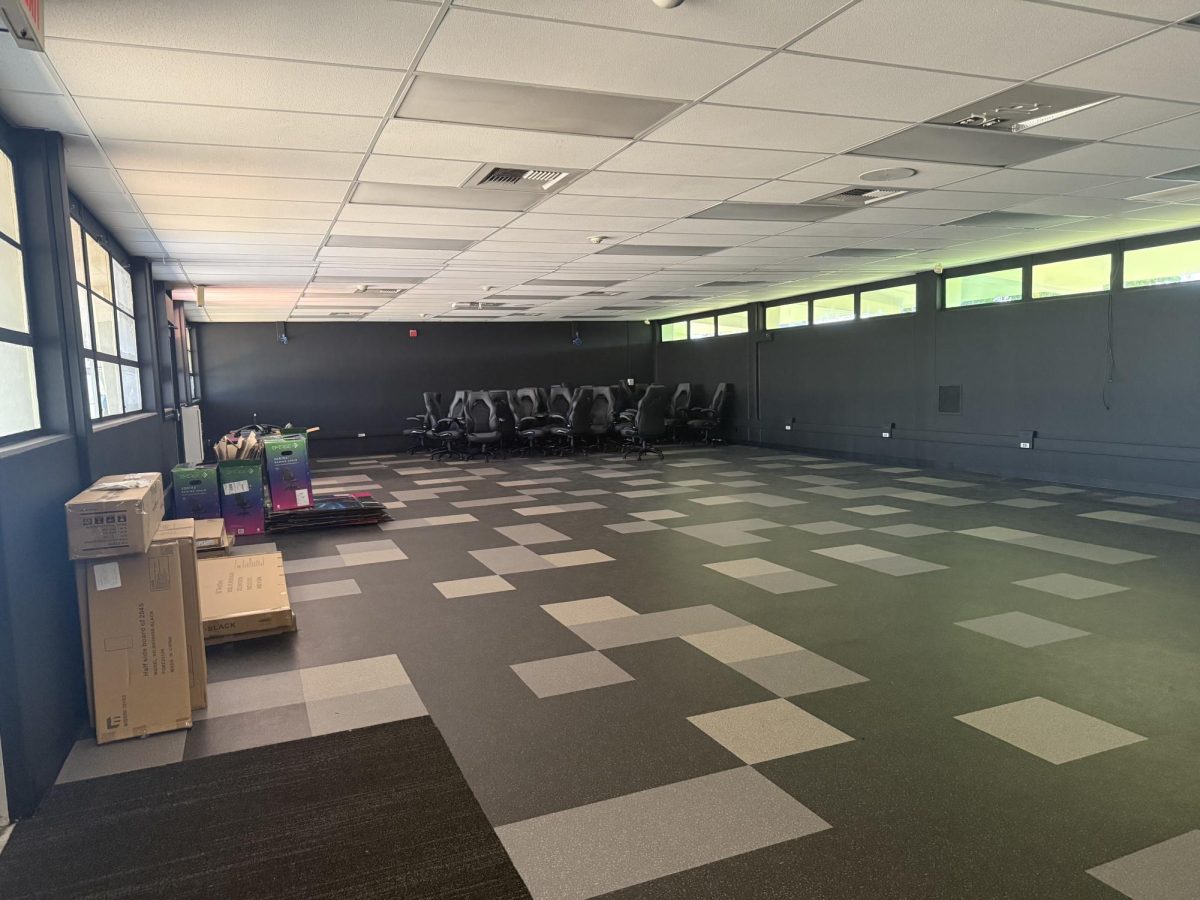
![Students and staff across the Fullerton Joint Union High School District [FJUHSD] received emails promoting a part time job offer with pay. The messages were set from compromised FJUHSD accounts.](https://shhsaccolade.com/wp-content/uploads/2025/09/image1-2-1200x527.png)
